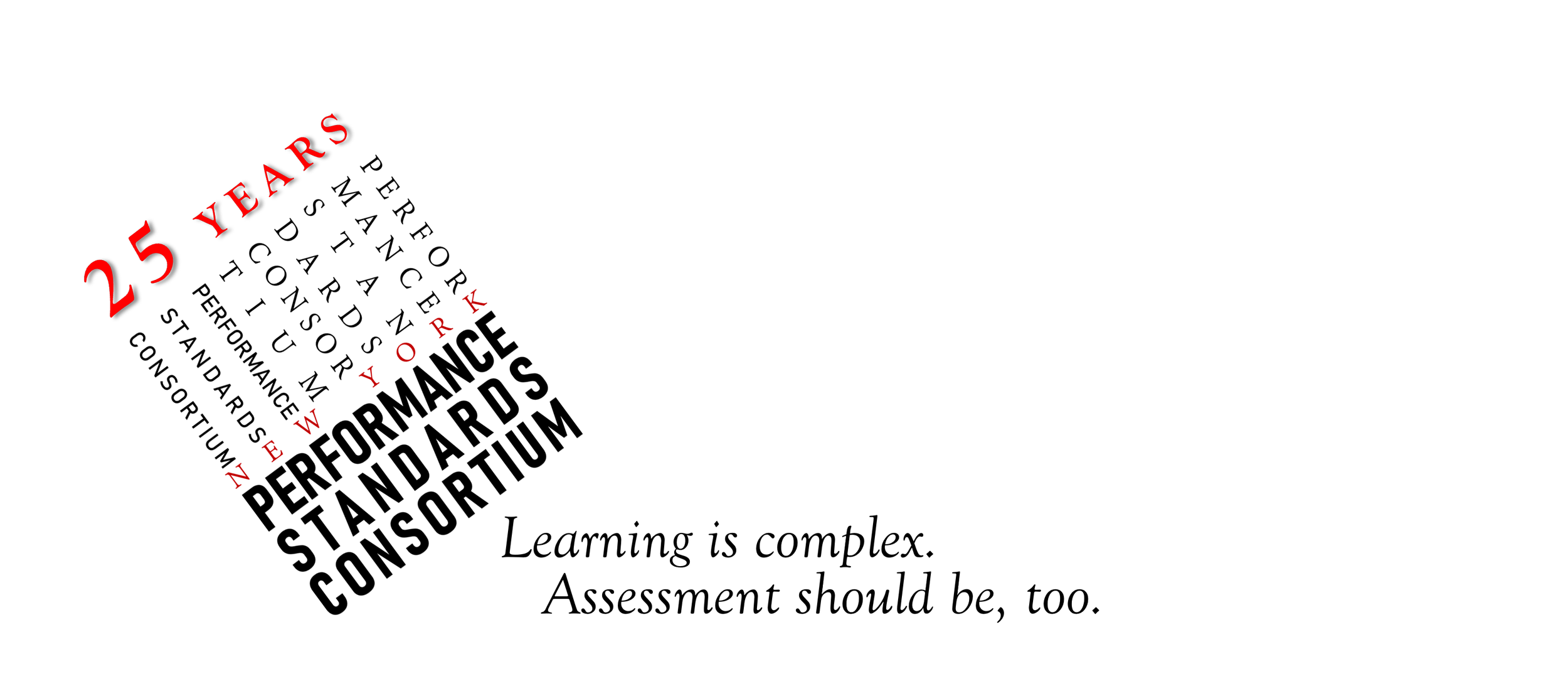Performance Assessment
Providing authentic opportunities to demonstrate learning
Consortium students demonstrate readiness for college, career, and civic participation through their performance-based assessment tasks (PBATs) in literature, mathematics, science, and social studies. They read and write extensively, conduct research, and defend their work in an oral defense, demonstrating what they know and can do. Our performance assessment system influences all aspects of Consortium schools, including curricula, pedagogy, and community.
By asking “What can students do?” rather than “How do they compare?” we challenge the educational status quo focused on ranking and sorting students, teachers, and schools based on standardized test scores.
Inquiry Teaching
Fostering a life of the mind and a culture of intellectual curiosity
Consortium teachers create inquiry-based, culturally-responsive curricula that center students’ questions and ideas and prioritize depth over coverage and analysis over memorization.
We work to further educational equity and the conviction that all students are capable of high-level academic work. Students grapple with multiple perspectives and approaches through scientific inquiry, historical and literary analysis, non-routine math problem solving, class discussion, and collaboration. Students are challenged to construct and reconstruct their own understandings of fundamental concepts in each discipline.
Choice & Voice
Building ownership through agency
Students have choices in what and how they study and produce academic work that reflects their interests and curiosity. They have a voice in their classrooms and school communities, where they share experiences, multiple viewpoints, and ideas; they develop their unique voices and gain ownership of their learning.
Teachers, too, claim ownership over their work. Curriculum is practitioner-developed and teachers’ professionalism and creativity are highly valued. Faculties also develop and revise the Consortium-wide rubrics used for PBATs.
Reflection & Revision
Reaching towards an ever-evolving definition of excellence
Consortium schools challenge students and faculty to produce high-quality work through the process of reflection and revision. We model an ongoing approach to life-long learning.
Students learn to revise their academic work to clarify and deepen their ideas. Feedback structures in and outside of class foster and support motivation, growth, and executive functioning.
Faculty engage in ongoing reflection and revision of their curricula and instructional approaches with support and feedback from one another. They work together within and across schools to provide feedback on PBAT tasks and student work.
School as Community
Knowing and valuing one another
Community is at the heart of Consortium schools. No one works and learns in isolation; we work together to foster growth and in response to new ideas. We collaborate in classrooms and school communities and across our wider Consortium network.
Relationships bind us together within our school communities and as a group of schools. Collaboration and distributive leadership enable staff, students, and families to work in partnership toward shared goals. We commit to our core values but respect our differences and believe that productive conflict helps us grow.
Each student and adult is known well and supported by practices like advisory, restorative justice, and discussion and dialogue. Through our shared work in and out of the classroom, we value each person and see them for who they can become.
Collective Action
Working together to sustain and improve our approach to education
Faculty, students, and families across Consortium schools act as part of a unified collective to create, sustain, and improve our performance assessment system and approach to education. We are mindful of the many pressures to standardize teaching and learning and de-professionalize educators, and we believe our years of experience in our classrooms and schools have produced an enduring and successful model for progressive education.
